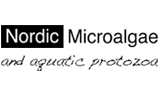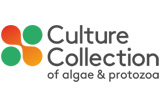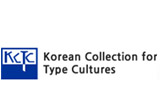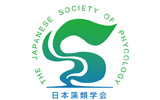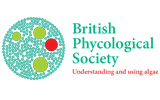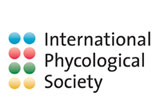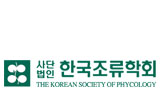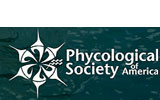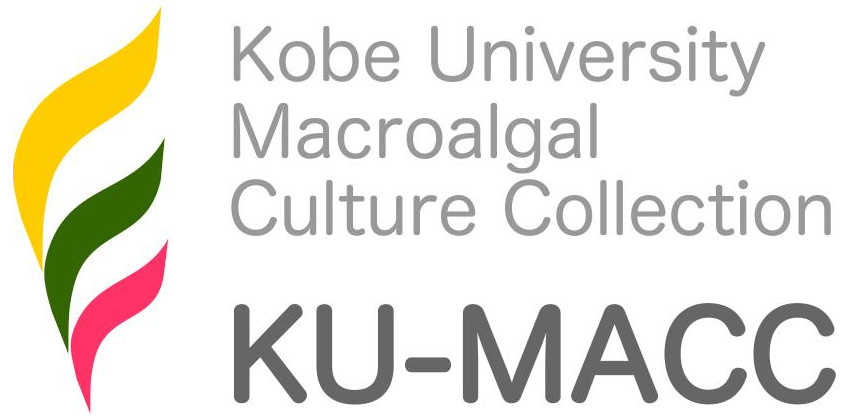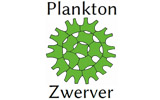Guiryella Huisman & Kraft, 1992
Holotype species: Guiryella repens Huisman & Kraft
Original publication and holotype designation: Huisman, J.M. & Kraft, G.T. (1992). Disposal of auxiliary cell haploid nuclei during post-fertilization development in Guiryella repens gen. et sp. nov. (Ceramiaceae, Rhodophyta). Phycologia 31: 127-137, 20 figs.
Description: DIAGNOSIS: Guiryella repens Huisman et Kraft, ge nus speciesque novum inter Ceramiaceas: axibus erectis atque prostratis, ecorticatis; his rhizoideis unicellularibus; illis spiratim ramosis, ramis succes sivis tertia parte fere rotatis; axibus fertilibus femi neis ramos indeterminatos terminantibus, cellula subterminali tres cellulas pericentrales ferente una earum pro cellulam sustinentem agente et cellulam sterilem ferente; post fecundationem duabus cellulis auxiliaribis ab cellula sustinenti atque alia pericen trali invicem scissis, utraque illarum nucleum diplo ideum ex carpogonio per cellulas conectentes parvas carpente, deinde cellulam propriam in quam nucleos illarum haploideos deponuntur et quae ipsa denique degenerat abscindente, deinde reliquiis auxiliario rum gonimoblastos omnino carposporangialem for matum dividentibus; cellula cellulae sustinentis ste rili et pericentralio sterili et cellula axis fertilis apicali quaque semel dividente: capitulis spermatangialibus compactis in cellulis lateraliorum: tetrasporangiis tetraedricis itidem dispositis: propagulis bicellular ibus ramos tetrasporophyti indeterminatos terminantibus.
'The creeping Guiryella,' a new genus and species of the Ceramiaceae; with erect and also prostrate ecorticate axes, the latter with unicellular rhizoids, the former spirally branched, with suc cessive branches rotated by approximately 60°; female fertile axes terminate indeterminate branches, the subterminal cell bearing three peri central cells with one of them acting as the sup porting cell and bearing a sterile cell; two aux iliary cells arise after fertilization from the supporting cell and another pericentral cell, each receiving a diploid nucleus from the carpogonium by small connecting cells, then cutting off a special cell into which their haploid nuclei are deposited and which itself eventually degener ates, the remainder of the auxiliary cells then dividing to form gonimoblasts composed entire ly of carposporangia; the sterile cell on the sup porting cell, the sterile pericentral cell and the apical cell of the fertile axis each divide once; compact spermatangial heads arise on lateral branch cells; tetrahedral tetrasporangia in similar positions; two-celled propagules arise terminally on indeterminate branches of the tetrasporophyte.
Information contributed by: Original description.. The most recent alteration to this page was made on 2023-07-28 by M.D. Guiry.
Taxonomic status: This name is of an entity that is currently accepted taxonomically.
Gender: This genus name is currently treated as feminine.
Verification of Data
Users are responsible for verifying the accuracy of information before use, as noted on the website Content page.
Contributors
Some of the descriptions included in AlgaeBase were originally from the unpublished Encyclopedia of Algal Genera,
organised in the 1990s by Dr Bruce Parker on behalf of the Phycological Society of America (PSA)
and intended to be published in CD format.
These AlgaeBase descriptions are now being continually updated, and each current contributor is identified above.
The PSA and AlgaeBase warmly acknowledge the generosity of all past and present contributors and particularly the work of Dr Parker.
Descriptions of chrysophyte genera were subsequently published in J. Kristiansen & H.R. Preisig (eds.). 2001. Encyclopedia of Chrysophyte Genera. Bibliotheca Phycologica 110: 1-260.
Linking to this page: https://www.algaebase.org/search/genus/detail/?genus_id=40342
Citing AlgaeBase
Cite this record as:
M.D. Guiry in Guiry, M.D. & Guiry, G.M. 28 July 2023. AlgaeBase. World-wide electronic publication, National University of Ireland, Galway. https://www.algaebase.org; searched on 18 December 2024
 Request PDF
Request PDF
